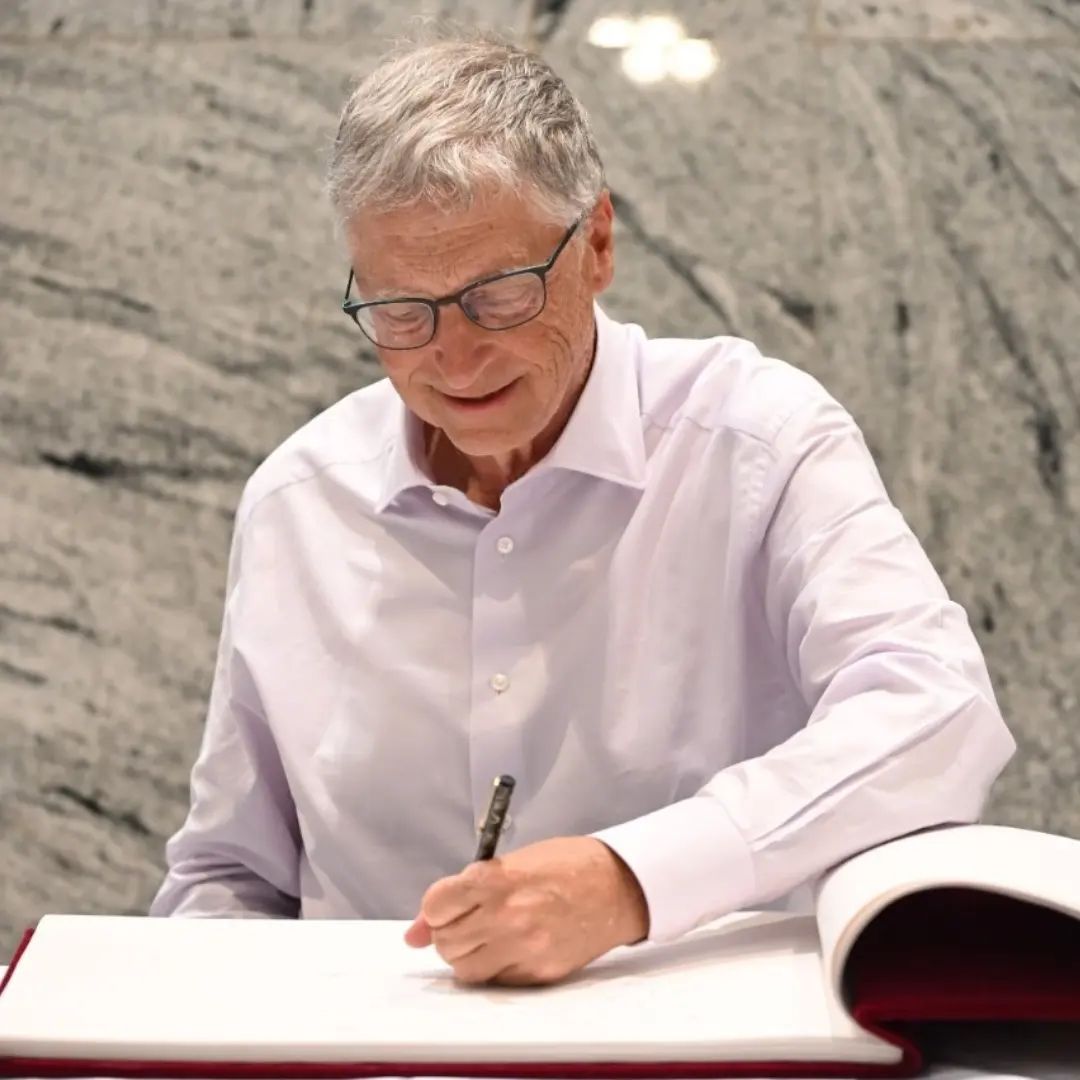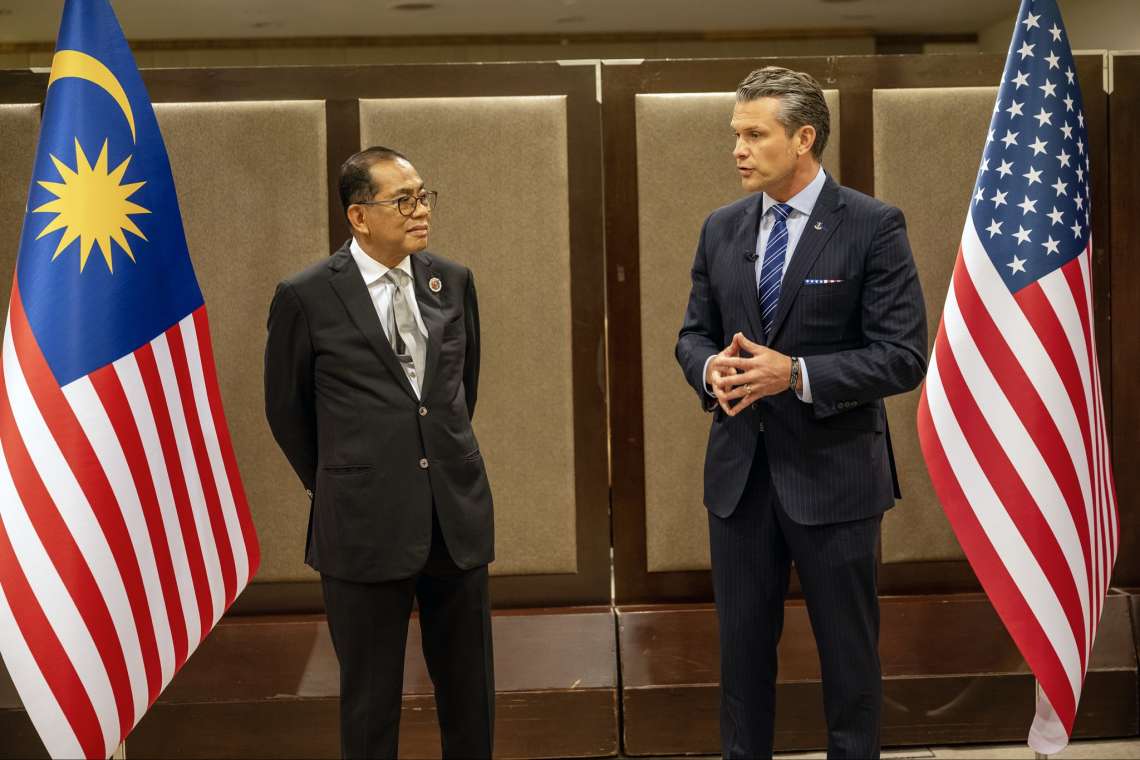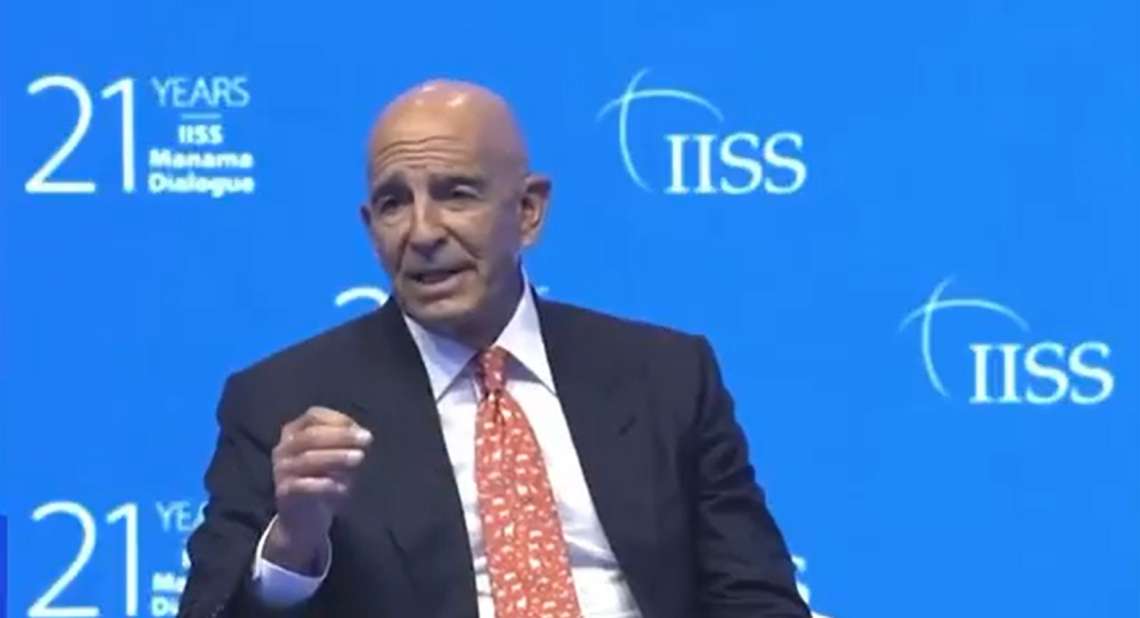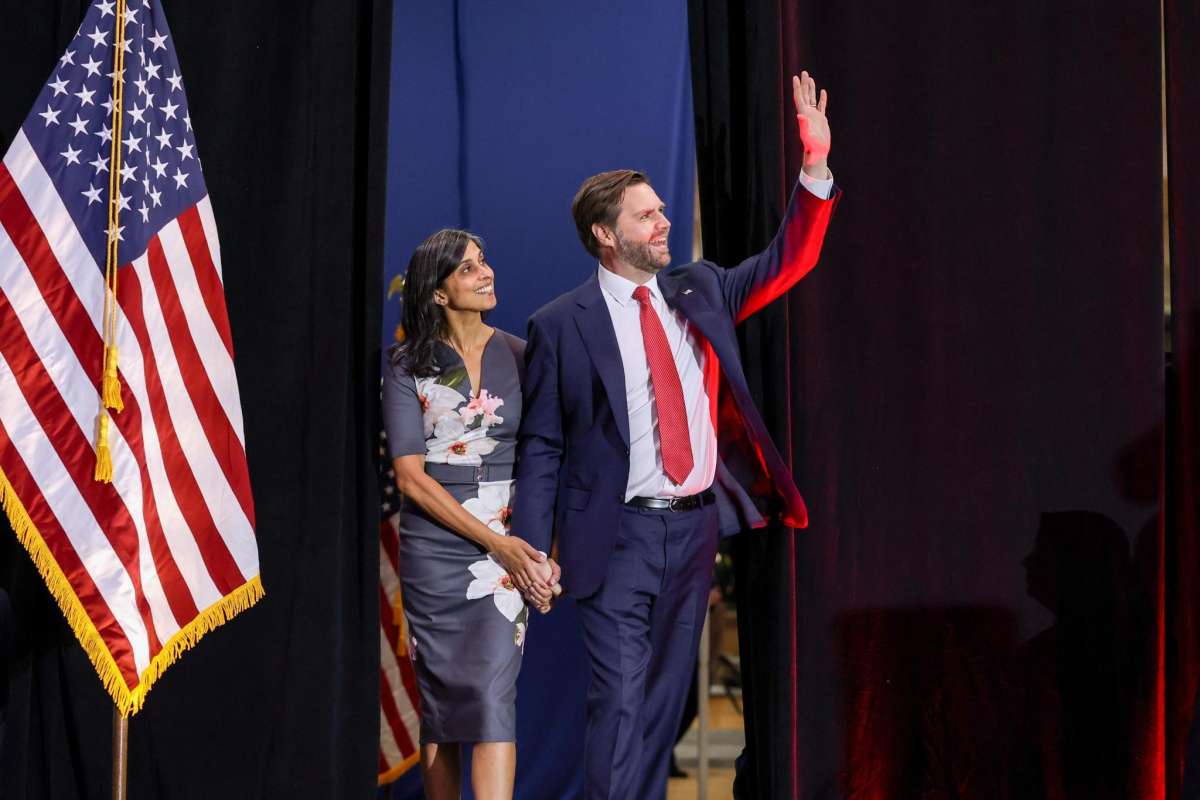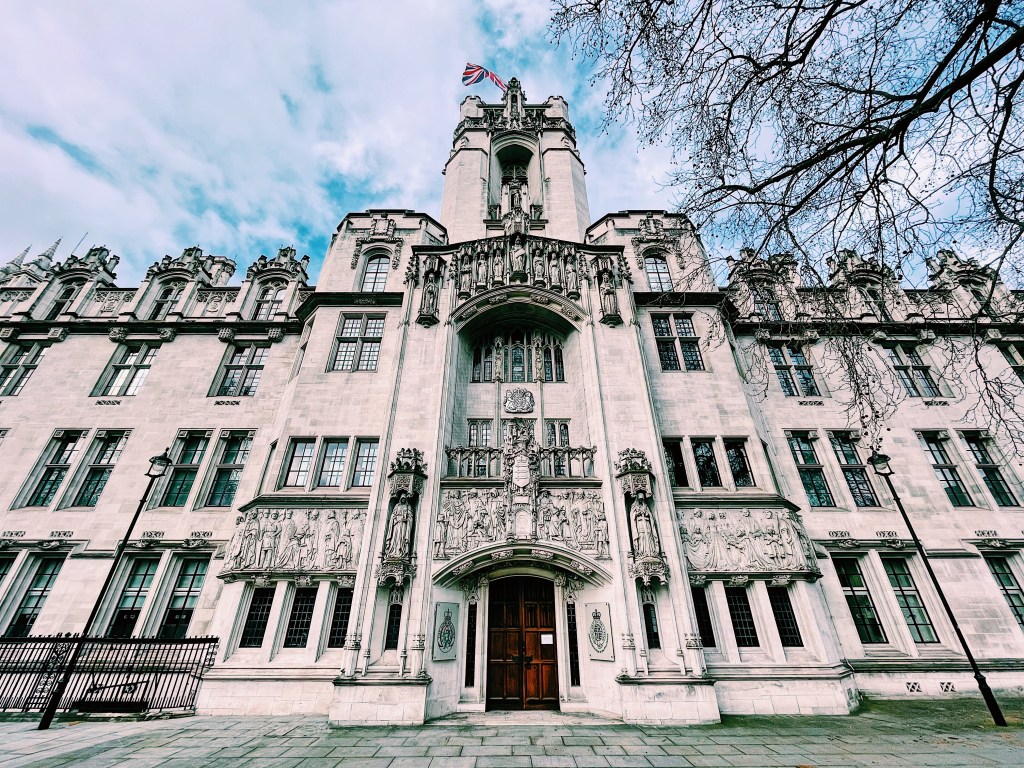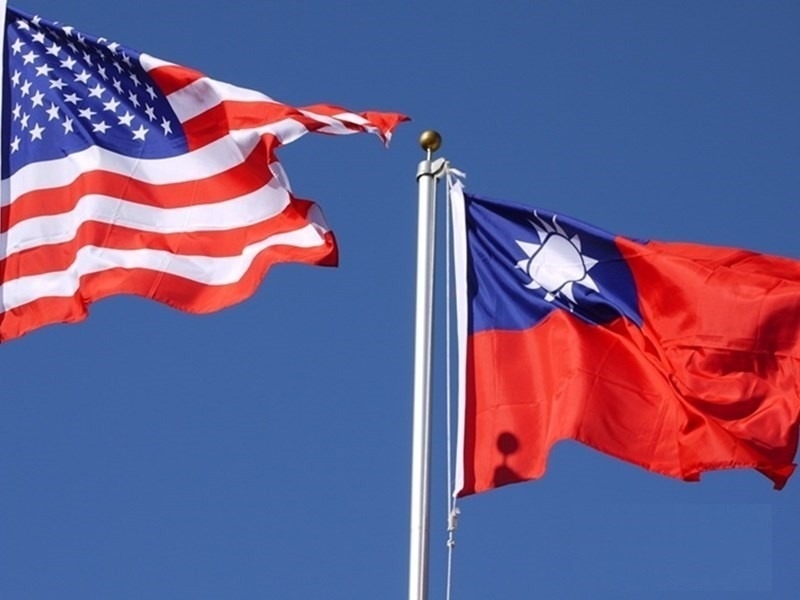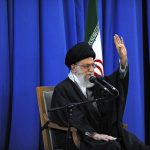Spread out over time, this will enable the foundation to invest an additional $200 billion (£150.8 billion) in its core focus areas, primarily global health and U.S. education, over the next two decades…reports Asian Lite News
Billionaire philanthropist Bill Gates has pledged to donate 99% of his remaining technology wealth to the Gates Foundation, which is now scheduled to shut down in 2045 — an earlier closure than previously planned. The move is being hailed as one of the most significant philanthropic gestures in modern history.
According to Business Standard, Gates’ pledged donation is currently valued at approximately $107 billion (£80.6 billion). Spread out over time, this will enable the foundation to invest an additional $200 billion (£150.8 billion) in its core focus areas, primarily global health and U.S. education, over the next two decades.
The Gates Foundation already holds an endowment of $77 billion (£58 billion), funded by Gates, his former wife Melinda French Gates, and Berkshire Hathaway’s Warren Buffett. About 41% of the foundation’s funding so far has come from Buffett. Since its inception in 2000, the foundation has spent more than $100 billion, directing scientific research, shaping global health policy, and making medical innovations more affordable for low- and middle-income countries.
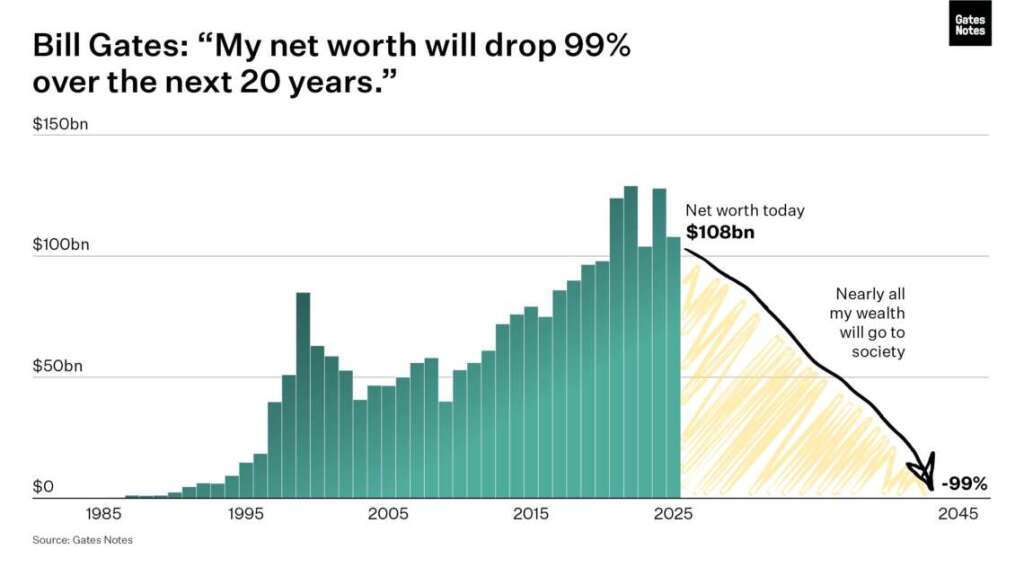
Speaking to the Associated Press, Gates described the donation as “thrilling,” adding that giving away his fortune while he is alive helps ensure its impact is realized sooner. “I think 20 years is the right balance between giving as much as we can to make progress on these things and giving people a lot of notice that now this money will be gone,” the Microsoft co-founder said.
The announcement comes at a time when global optimism is fragile. Philanthropy expert Rhodri Davies described the move as “a welcome bit of boldness” and a sign that norms in large-scale philanthropy may be shifting away from the idea of operating foundations in perpetuity.
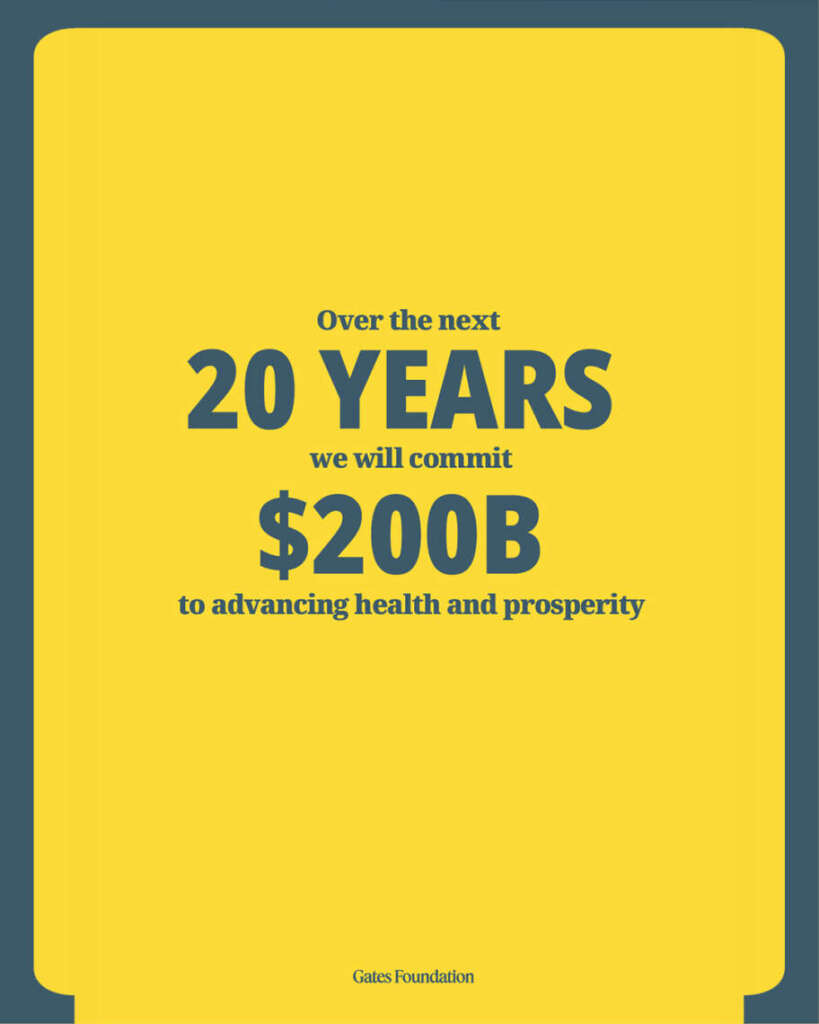
The Gates Foundation has long been a powerful force in global development, praised for its ambition and reach, but also questioned for the outsized influence it wields in international health decisions. Addressing criticism, Gates said, “Like any private citizen, I can choose how to spend the money I earn,” emphasizing that his goal is to reduce childhood deaths and improve global well-being.
Gates called the foundation his “second and final career,” underscoring his belief that urgent action now can create ripple effects for generations to come.


